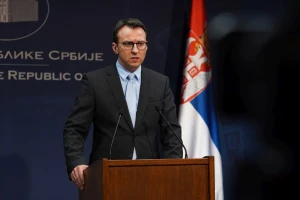- Serbia
Get to know Serbia
- Citizens
Culture and science
Health services
Pension and disability insurance
- Business
Employment
Economy
- Media
- Government
- Contact
Keep in touch
Contact form
Back
Keepin touch
Whether you have a question, comment, suggestion or any problem in the purview of the government, send us your message and we will try to respond as soon as possible. If your problem is not in our purview, we will forward your message to the relevant institution.
Q:
A:
Serbia continues peaceful, political fight to preserve territorial integrity, sovereignty
Belgrade/The Hague,
22 July 2010
Minister of Foreign Affairs Vuk Jeremic stated following the announcement of the International Court of Justice’s (ICJ) advisory opinion that Serbia will continue with its principled policy of peaceful and political struggle to preserve its territorial integrity and sovereignty.
Jeremic told the press in The Hague that the ICJ chose to declare its opinion in a technical manner and in this way avoided speaking out about the fundamental issue of whether Kosovo Albanians actually had the right to try and secede from Serbia.
The Minister reiterated that Serbia will never recognise the unilaterally declared independence of Kosovo-Metohija, adding that the ICJ’s opinion will soon be forwarded to the UN General Assembly, which will give a political conclusion on the issue.
The next step in the process is a debate at the UN General Assembly in New York this September, Jeremic affirmed voicing his belief that it will then be seen whether Serbia has been leading a proper policy.
Today in the courtroom it was not said whether anyone had the right to secede. Such a debate is political and it will apparently be led in the UN General Assembly, the Minister concluded.
Difficult days and great hardship lie ahead, but it will not be the first time for us, the Minister underlined, warning that it is crucial to preserve peace and stability in the province and that Serbian citizens do not respond to provocation, if there should be any.
It is of utmost importance for us to maintain composure, persistence and determination and to remain united during a continuation of our peaceful political struggle, he proclaimed.
Jeremic stressed that he does not anticipate changes in the stance of key players in the international arena now that the ICJ’s opinion has been heard, recalling that every country has a sovereign right to decide how they will proceed in this matter.
ICJ President Hisashi Owada announced the court’s advisory opinion today on the legality of Kosovo-Metohija’s unilaterally declared independence and disclosed that the declaration with which the Kosovo Parliament announced independence is not in contravention of international law because international law contains no prohibition on declarations of independence.
Ten ICJ judges voted in favour of this decision, while four were against it.
The Minister reiterated that Serbia will never recognise the unilaterally declared independence of Kosovo-Metohija, adding that the ICJ’s opinion will soon be forwarded to the UN General Assembly, which will give a political conclusion on the issue.
The next step in the process is a debate at the UN General Assembly in New York this September, Jeremic affirmed voicing his belief that it will then be seen whether Serbia has been leading a proper policy.
Today in the courtroom it was not said whether anyone had the right to secede. Such a debate is political and it will apparently be led in the UN General Assembly, the Minister concluded.
Difficult days and great hardship lie ahead, but it will not be the first time for us, the Minister underlined, warning that it is crucial to preserve peace and stability in the province and that Serbian citizens do not respond to provocation, if there should be any.
It is of utmost importance for us to maintain composure, persistence and determination and to remain united during a continuation of our peaceful political struggle, he proclaimed.
Jeremic stressed that he does not anticipate changes in the stance of key players in the international arena now that the ICJ’s opinion has been heard, recalling that every country has a sovereign right to decide how they will proceed in this matter.
ICJ President Hisashi Owada announced the court’s advisory opinion today on the legality of Kosovo-Metohija’s unilaterally declared independence and disclosed that the declaration with which the Kosovo Parliament announced independence is not in contravention of international law because international law contains no prohibition on declarations of independence.
Ten ICJ judges voted in favour of this decision, while four were against it.
-
 Belgrade, 25 July 2025
Belgrade, 25 July 2025Arrest of Igor Popović jeopardising Brussels negotiation process
-
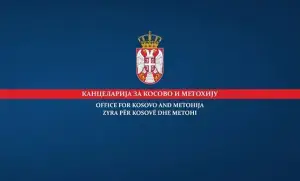 Belgrade, 23 July 2025
Belgrade, 23 July 2025Death of harvesters in Staro Gracko must not be forgotten
-
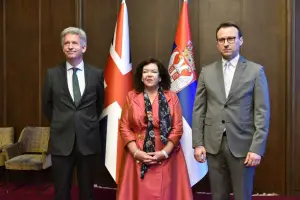 Belgrade, 18 July 2025
Belgrade, 18 July 2025Daily exposure of Serbs in Kosovo and Metohija to Priština’s terror
-
 Belgrade, 11 July 2025
Belgrade, 11 July 2025Aid to families in Kosovo and Metohija who suffered damage from fires
-
 Belgrade, 10 July 2025
Belgrade, 10 July 2025Serbs in Kosovo and Metohija existentially threatened, disenfranchised
-
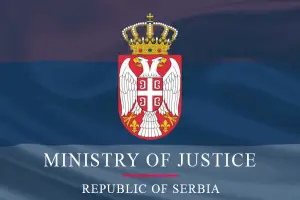 Belgrade, 19 June 2025
Belgrade, 19 June 2025Priština once again gravely violates basic human rights of Serbs in Kosovo and Metohija
-
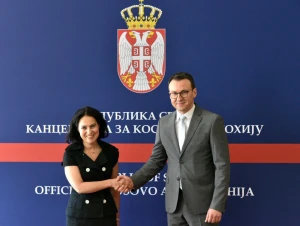 Belgrade, 13 June 2025
Belgrade, 13 June 2025Constant violent acts of Priština against Serbian people in Kosovo and Metohija
-
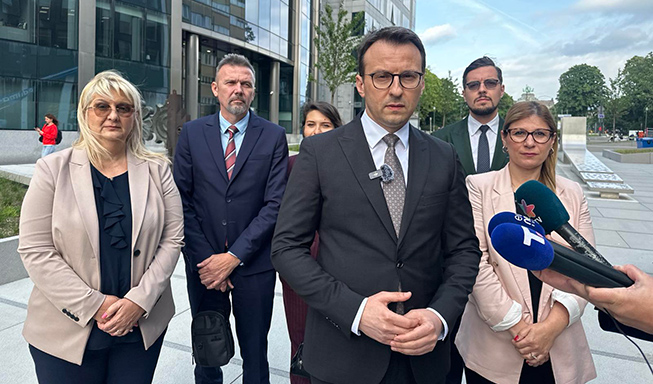 Belgrade/Brussels, 10 June 2025
Belgrade/Brussels, 10 June 2025Formation of Community of Serb Municipalities, de-escalation of situation in north of Kosovo and Metohija a priority
-
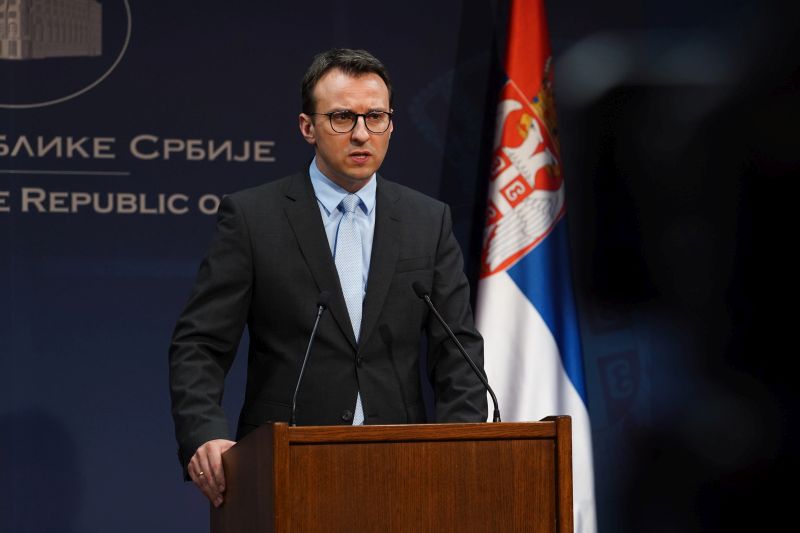 Belgrade, 27 May 2025
Belgrade, 27 May 2025“Kosovo police” raid premises of Leposavić Sports and Tourism Organisation



